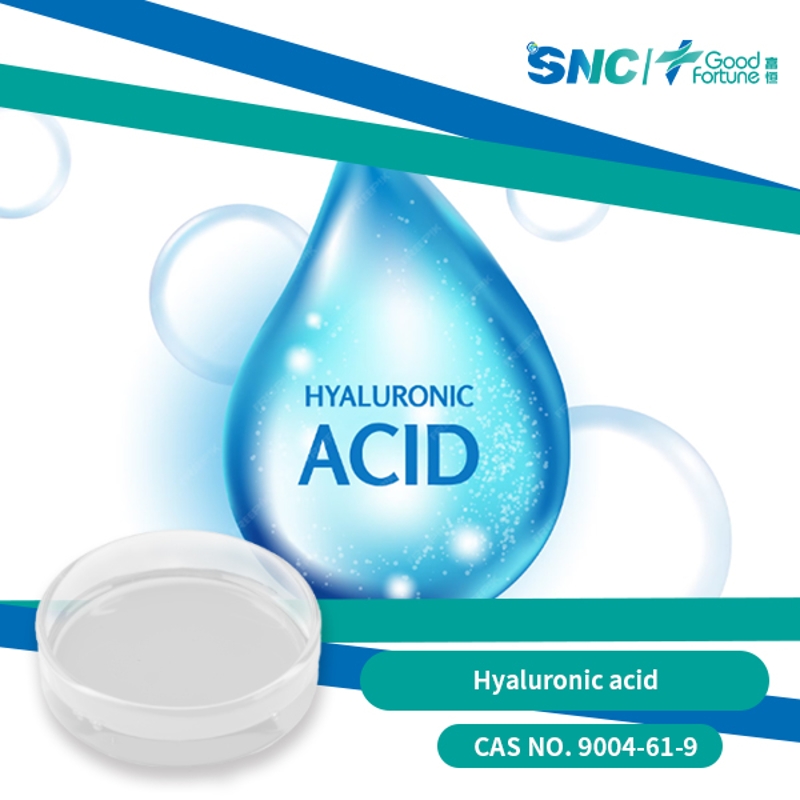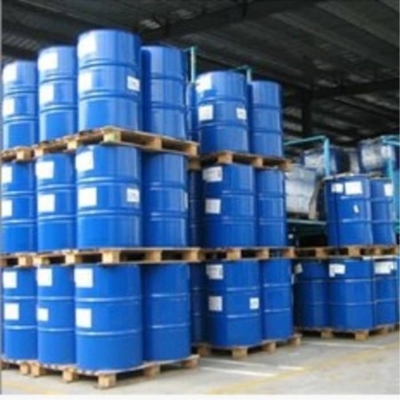-
Categories
-
Pharmaceutical Intermediates
-
Active Pharmaceutical Ingredients
-
Food Additives
- Industrial Coatings
- Agrochemicals
- Dyes and Pigments
- Surfactant
- Flavors and Fragrances
- Chemical Reagents
- Catalyst and Auxiliary
- Natural Products
- Inorganic Chemistry
-
Organic Chemistry
-
Biochemical Engineering
- Analytical Chemistry
-
Cosmetic Ingredient
- Water Treatment Chemical
-
Pharmaceutical Intermediates
Promotion
ECHEMI Mall
Wholesale
Weekly Price
Exhibition
News
-
Trade Service
In the chemical industry, starch is a common and widely used product.
The production process of starch involves several steps that convert raw materials into the final product.
The process is complex and requires careful attention to details to ensure that the end product meets the required quality standards.
In this article, we will discuss the production process of starch in detail.
Step 1: Collection and Cleaning of Raw Materials
The first step in the production process of starch is the collection and cleaning of raw materials.
Starch is typically obtained from potatoes, corn, wheat, and other plant sources.
The raw materials are collected and transported to the manufacturing facility where they are cleaned to remove dirt, rocks, and other impurities.
The cleaning process is essential to ensure that the raw materials are free from contaminants that could affect the quality of the final product.
Step 2: Peeling and Grinding of Raw Materials
After the raw materials have been cleaned, they are peeled and ground into a fine powder.
This is done to increase the surface area of the raw materials, making it easier for the enzymes used in the production process to break down the starch molecules into smaller pieces.
The peeling and grinding process also helps to remove the outer layers of the raw materials, which may contain impurities that could affect the quality of the final product.
Step 3: Hydrolysis
The next step in the production process of starch is hydrolysis.
During hydrolysis, enzymes are added to the ground raw materials to break down the starch molecules into smaller pieces.
This process is carried out under controlled conditions, such as temperature and pH, to ensure that the enzymes work effectively.
The hydrolysis process can take several hours, depending on the type of starch being produced and the desired level of hydrolysis.
Step 4: Centrifugation
After the hydrolysis process, the resulting mixture is centrifuged to separate the starch molecules from the liquid.
Centrifugation is a high-speed spinning process that separates the denser solids from the lighter liquids.
This process is essential to ensure that the final product is free from impurities and has the required concentration of starch.
Step 5: Purification and Drying of Starch
The purification process involves the removal of impurities from the starch molecules, which is done through filtration and washing.
The purified starch is then dried to remove excess moisture.
The drying process is carried out using specialized equipment that removes the moisture from the starch without damaging the molecules.
Step 6: Granulation
The final step in the production process of starch is granulation.
During granulation, the purified and dried starch is formed into granules of the desired size and shape.
The granulation process is carried out using specialized equipment that shape the starch into granules, which can be easily dispersed in water or other liquid solvents.
Quality Control
The production process of starch is a complex and multi-step process that requires careful attention to detail to ensure that the final product meets the required quality standards.
Quality control measures are in place throughout the production process to ensure that the starch meets the required specifications for purity, composition, and functionality.
Conclusion
The production process of starch involves several steps that convert raw materials into the final product.
The process is complex and requires careful attention to details to ensure that the end product meets the required quality standards.
The production process of starch is essential in the chemical industry, as starch is a common and widely used product in various applications.
The quality control measures in place throughout the production process are essential to ensure that the final product meets the required specifications for purity, composition, and functionality.







